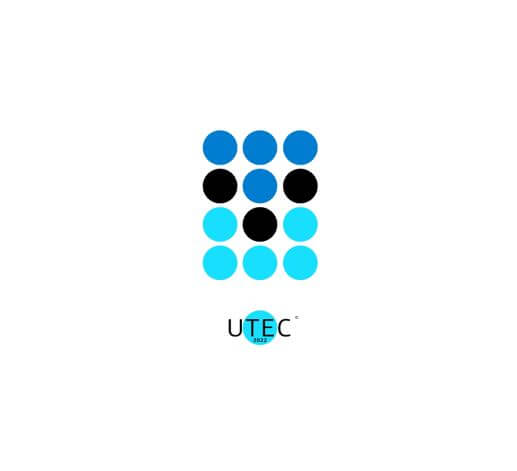UTEC 2012 - 2022
The objective of the UTEC research program is philosophical research as well as to bring to view the conditions and requirements that will lead us to a Unified Theory of Embodied Cognition.
Embodied Cognition (EC) is a contemporary, cutting-edge and challenging research program of Cognitive Sciences (CS) with contributions from scientific and philosophical fields such as the Philosophy of Mind and Cognitive Sciences, Psychology, Linguistics, Neurosciences, Artificial Intelligence and Robotics. As it has been growing rapidly in recent years, it has provoked intense interdisciplinary interest, making it one of the most innovative areas of research oriented towards solving fundamental problems related to Human Cognition (HC) and Artificial Intelligence (AI).
Already EC has been included into postgraduate programs (MSc Mind, Language and Embodied Cognition, University of Edinburgh, MSc Cognitive Science - Embodied Cognition, University of Potsdam, MA Consciousness & Embodiment, University of Dublin) and interdisciplinary interest in the subject is constantly growing.
In fact, as it is a new field and due to the interdisciplinary interest, EC is expressed through a wide range of hypotheses, which compose a heterogeneous spectrum of research programs with significant divergence and distinct claims. These deviations mainly consist of philosophical-metaphysical and conceptual premises as well as variations in the terminology and meaning of the terms.
Our challenge is to list, classify and systematize existing hypotheses based on their potential use in the fields of application and to demonstrate why certain assumptions can lead to a unified theory by opening up new horizons in applied research for HC and AI.
This particular project is realistic and feasible because conditions have matured for an effort to converge these hypotheses. Already in recent years mainstream handbooks of cognitive science (Frankish - Ramsey, 2012) have included many EC claims and concerns in their content. At the same time, there are efforts to comparatively classify theories (Gallagher, 2011), while secondary fields of applied science (clinical psychology, sports sciences, etc.) partially adopt certain EN premises and seek the integration of a philosophical background. In this sense the community is mature enough to "test" new proposals and premises towards a unified EN theory.
Until today, several original and philosophically interesting premises have been asserted regarding embodied cognition, especially in the spectrum of the so called radical theories (Varela, 1991 . Chemero, 2009 . O’ Reagan, 2001 etc). However, although efforts have been made, applied research on HC and AI has failed to follow these premises because: a) the scientific paradigms and methodologies followed are incompatible with EN hypotheses and b) certain EN hypotheses sound like science fiction in applied research. This fact results in the creation of quasi embodied agents that are not really embodied (Dreyfus 2007, Gounaris & Abou Elkheir, 2018).
Read full text in Greek


